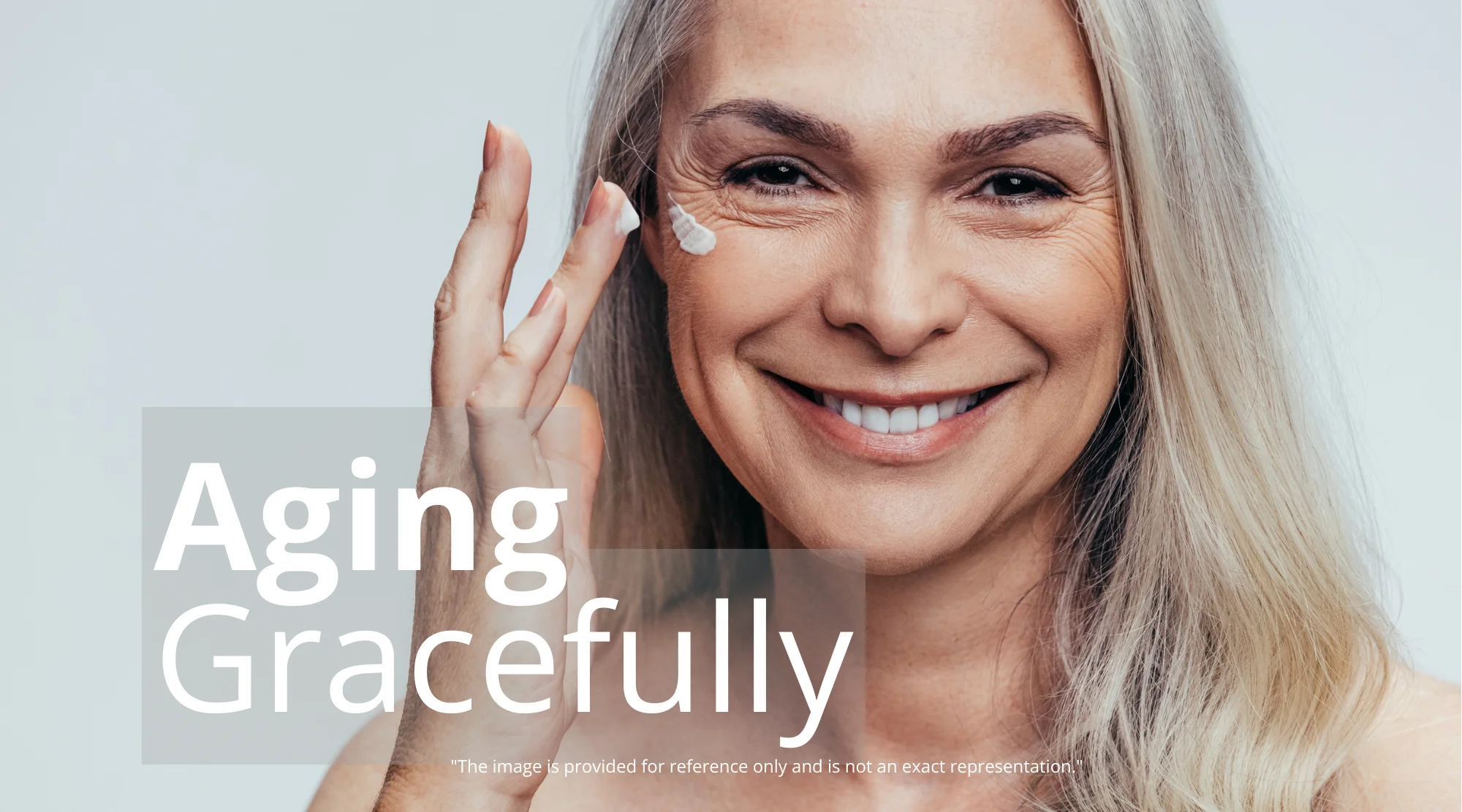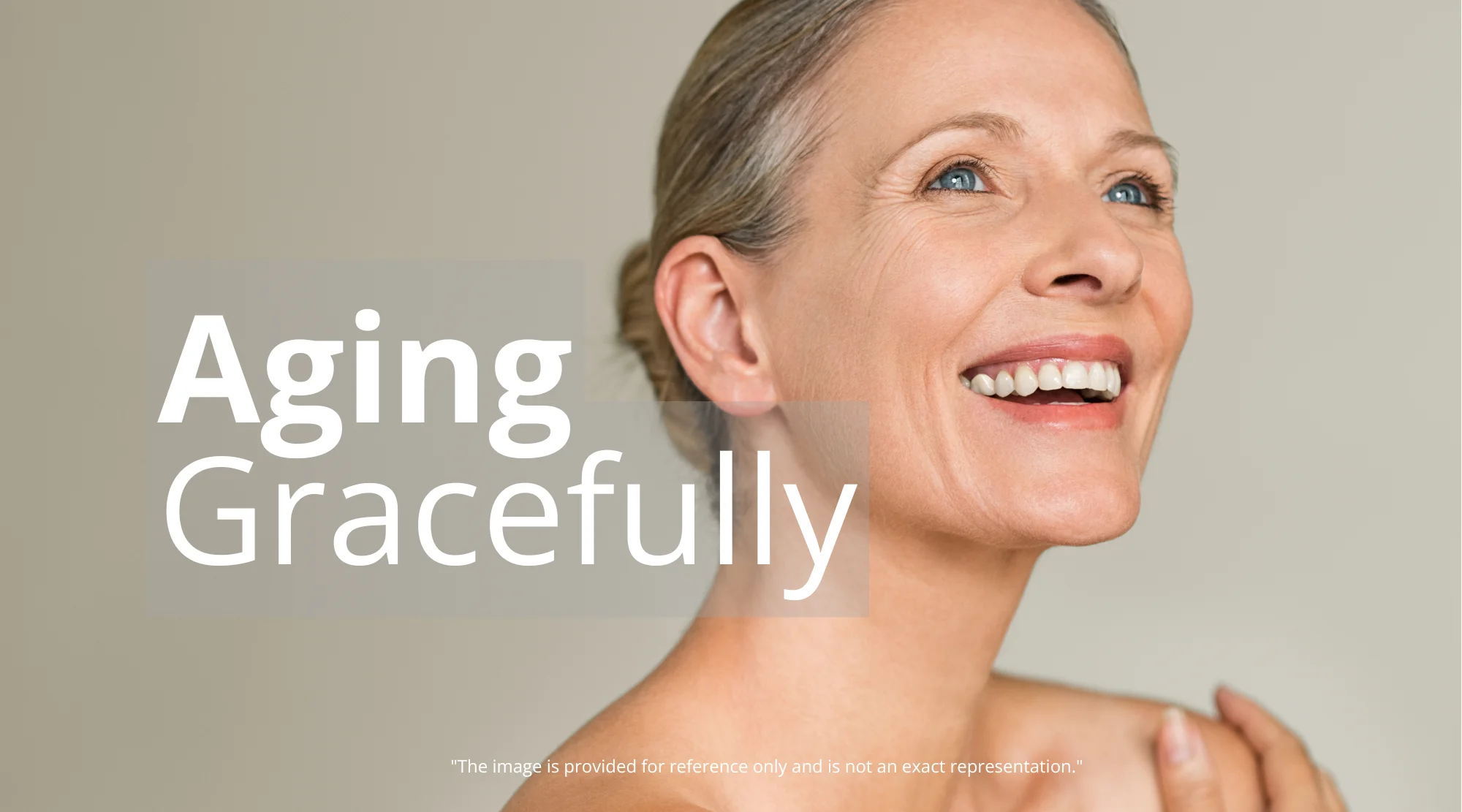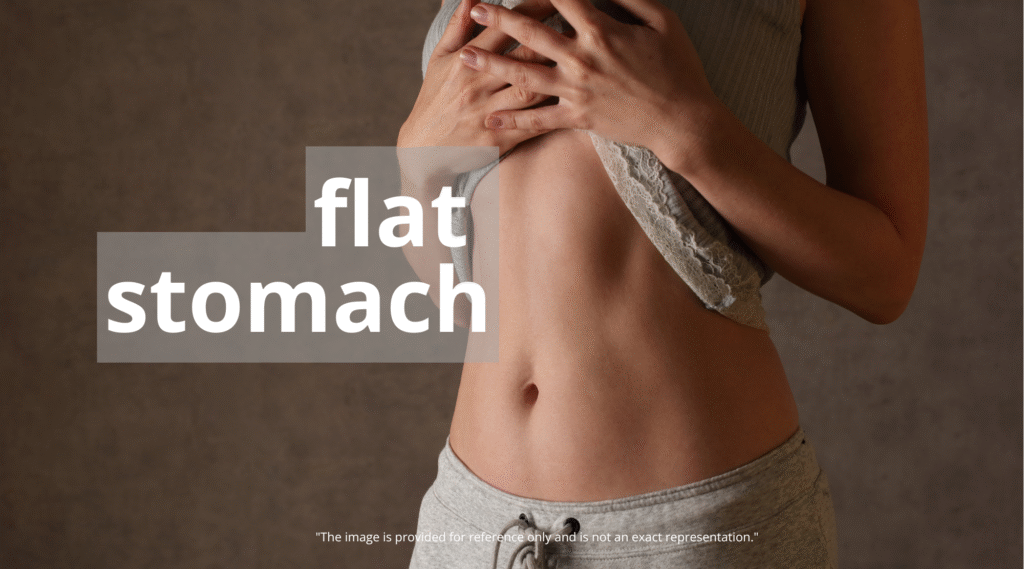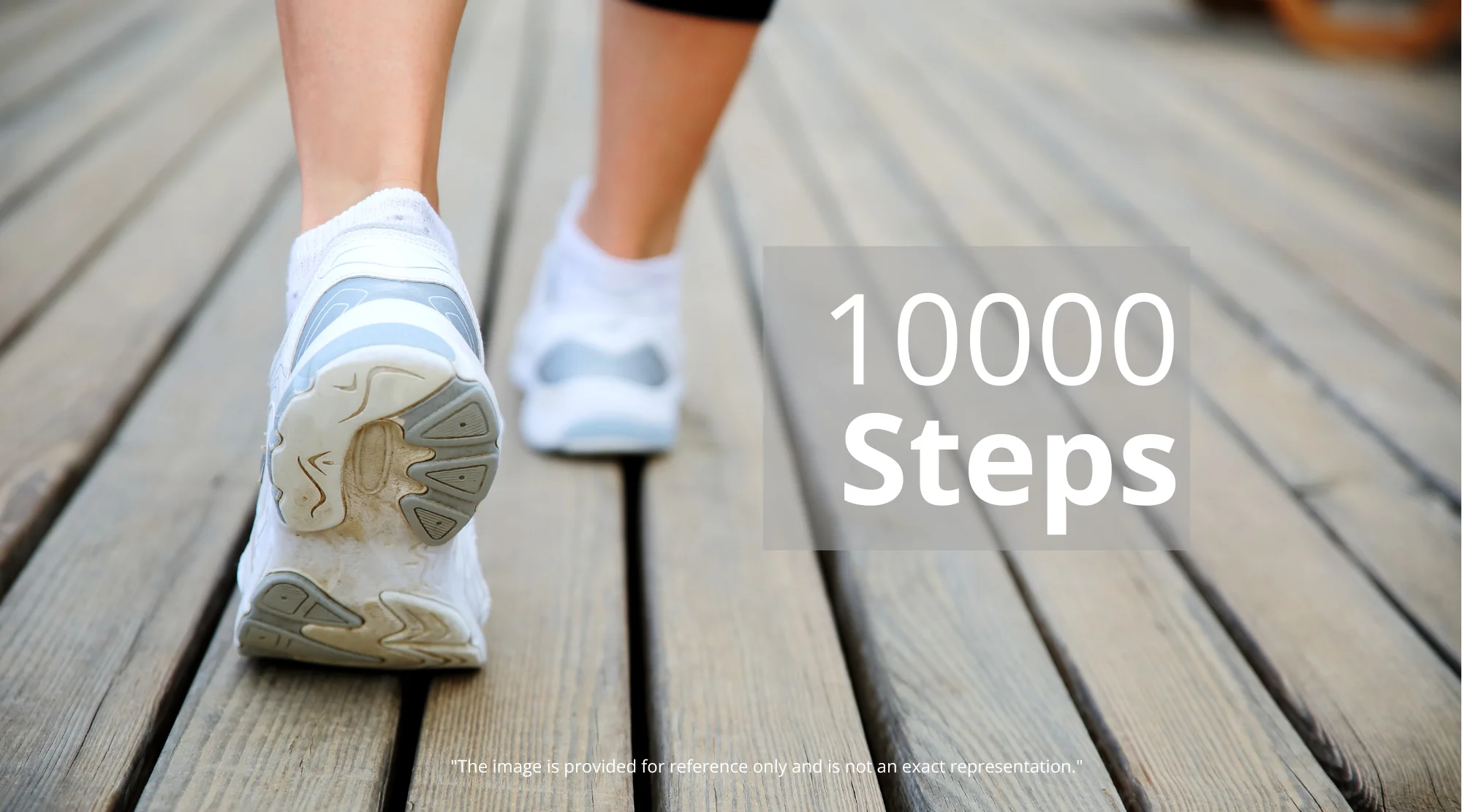Embracing the Golden Years: A Guide to Healthy Aging and Vibrant Living
Aging is an inevitable process, but how we age is within our control. Rather than viewing the golden years as a period of decline, we can approach them as an opportunity to cultivate health, vitality, and overall well-being. This guide dives into the key pillars of healthy aging, providing actionable insights into how healthy aging can become a reality for you.

The Foundation of Healthy Aging: Nutrition and Exercise
The cornerstone of successful aging lies in a balanced combination of proper nutrition and regular exercise. These two elements work synergistically to support physical and cognitive health, enhance quality of life, and mitigate the effects of age-related decline.
Nourishing Your Body: The Power of a Balanced Diet
A well-rounded diet provides the essential nutrients your body needs to function optimally. As we age, our nutritional needs shift. We must prioritize nutrient-dense foods that support overall health.
- Focus on Whole Foods: Embrace a diet rich in fruits, vegetables, whole grains, and lean proteins. These foods are packed with vitamins, minerals, and antioxidants that combat cellular damage and inflammation. Consider incorporating a weekly meal plan into your routine for consistency. Check out this helpful resource for healthy eating: Healthy Eating: Your Ultimate Weekly Meal Plan for a Balanced Life.
- Embrace Fiber: Fiber is crucial for digestive health and can help control blood sugar and cholesterol levels. Incorporate plenty of beans, lentils, and vegetables into your meals.
- Prioritize Protein: Adequate protein intake is essential for maintaining muscle mass, which naturally declines with age. Aim to include protein-rich foods like lean meats, fish, eggs, and plant-based sources in your daily diet.
- Hydrate Regularly: Drinking enough water is vital for overall health, energy levels, and the proper functioning of bodily systems. Carry a water bottle and sip on it throughout the day.
- Limit Processed Foods: Minimize your consumption of processed foods, sugary drinks, and unhealthy fats, as they can contribute to inflammation and increase the risk of chronic diseases.
The Movement Imperative: Staying Active for Life
Regular physical activity is not just about maintaining a youthful appearance; it is a critical component of healthy aging. Exercise helps preserve muscle mass, boost bone density, improve cardiovascular health, and enhance cognitive function.
- Resistance Training: Incorporate resistance training exercises into your routine. Lifting weights or using resistance bands helps preserve muscle mass, which is critical for maintaining strength, balance, and mobility. Many seniors find this beneficial and can often feel a positive impact: Strength Training for Seniors: 7 Common Mistakes to Avoid.
- Cardiovascular Exercise: Engage in moderate-intensity cardiovascular exercise like brisk walking, swimming, or cycling. Cardiovascular exercise improves heart health, boosts circulation, and helps with weight management. Consider a 30-minute walk for a simple yet effective workout: 30-Minute Walking Workout: Maximize Calorie Burn and Boost Joint Mobility.
- Flexibility and Balance: Incorporate exercises that improve flexibility and balance, such as yoga or Tai Chi. These practices reduce the risk of falls and improve overall mobility.
- Find Activities You Enjoy: The most sustainable exercise routine is one you genuinely enjoy. Find activities you find pleasurable, such as dancing, gardening, or team sports, to stay motivated.
Cognitive Health and Mental Well-being
Beyond physical health, cognitive function and mental well-being are crucial aspects of healthy aging. Maintaining an active mind and a positive outlook can significantly impact quality of life.
Keeping Your Brain Sharp
Cognitive decline is a common concern as we age, but there are many ways to keep your brain sharp and active.
- Engage in Mental Stimulation: Challenge your brain regularly through activities like reading, puzzles, learning new skills, and playing games.
- Social Interaction: Maintain an active social life. Interacting with others, participating in social activities, and fostering meaningful relationships can protect against cognitive decline.
- Prioritize Sleep: Ensure you get adequate sleep. Quality sleep is essential for cognitive function, memory consolidation, and overall health.
Nurturing Your Mental Well-being
Mental health is just as important as physical health. Prioritizing your mental well-being is key to a fulfilling life.
- Manage Stress: Develop healthy coping mechanisms for stress, such as meditation, deep breathing exercises, or spending time in nature.
- Practice Gratitude: Cultivating an attitude of gratitude can improve your mood and overall sense of well-being.
- Seek Support: Don’t hesitate to seek professional help if you are struggling with mental health issues. Therapy, counseling, and support groups can be valuable resources.
The Importance of Preventive Healthcare
Regular check-ups and screenings are essential for identifying and addressing potential health issues early.
- Annual Check-ups: Schedule annual physical examinations with your doctor to monitor your overall health.
- Age-Appropriate Screenings: Undergo age-appropriate screenings for conditions like cancer, diabetes, and heart disease.
- Vaccinations: Stay up-to-date on recommended vaccinations, such as the flu shot and pneumonia vaccine.
Lifestyle Factors and Habits
Lifestyle factors play a crucial role in how we age. Making positive choices in these areas can significantly impact our overall health and well-being.
Healthy Habits to Embrace
- Avoid Smoking: Smoking is detrimental to health and significantly accelerates aging.
- Limit Alcohol Consumption: Moderate alcohol consumption is generally acceptable, but excessive drinking can be harmful.
- Prioritize Sleep: Aim for 7-9 hours of quality sleep each night.
- Stay Connected: Maintain strong social connections. Social isolation can negatively impact both physical and mental health.
Addressing Common Concerns
As we age, we may encounter specific challenges. Understanding and addressing these concerns can help ensure a comfortable and fulfilling experience.
Bone Health
- Calcium and Vitamin D: Ensure adequate intake of calcium and vitamin D to maintain bone density and reduce the risk of osteoporosis.
- Weight-Bearing Exercise: Engage in weight-bearing exercises to strengthen bones.
- Fall Prevention: Take steps to prevent falls, such as removing tripping hazards in your home and using assistive devices if needed.
Joint Health
- Maintain a Healthy Weight: Excess weight can put stress on joints.
- Regular Exercise: Exercise, especially low-impact activities, can strengthen the muscles around joints and improve mobility.
- Seek Professional Help: Consult with a doctor or physical therapist for joint pain or other issues.

Embracing a Holistic Approach
Healthy aging is not just about physical health; it’s about a holistic approach that encompasses all aspects of well-being. By prioritizing nutrition, exercise, cognitive function, and mental well-being, we can embrace the golden years with vitality and purpose.
The Role of Community
Staying engaged in your community can provide social support, reduce isolation, and offer opportunities for meaningful engagement. Volunteer, join clubs, or participate in local events to stay connected and active.
Continuous Learning
Embrace a lifelong learning mindset. Learning new skills, pursuing hobbies, and expanding your knowledge base can keep your mind active and engaged.
The Future of Healthy Aging
Research continues to uncover new insights into the aging process and how we can live longer, healthier lives. Advancements in medicine, nutrition, and exercise science offer promising possibilities for the future. By staying informed and adopting a proactive approach, we can harness these advancements to optimize our health and well-being. Consider exploring the possibilities of innovative treatments, like: LSD for Anxiety: Promising Results from a Clinical Trial & The Future of Psychedelic Therapy.
Conclusion: A Proactive Path to a Vibrant Future
Aging gracefully is not simply about avoiding disease; it’s about actively cultivating a life filled with vitality, purpose, and joy. By embracing a holistic approach that prioritizes nutrition, exercise, cognitive health, mental well-being, and preventative car














1 comment